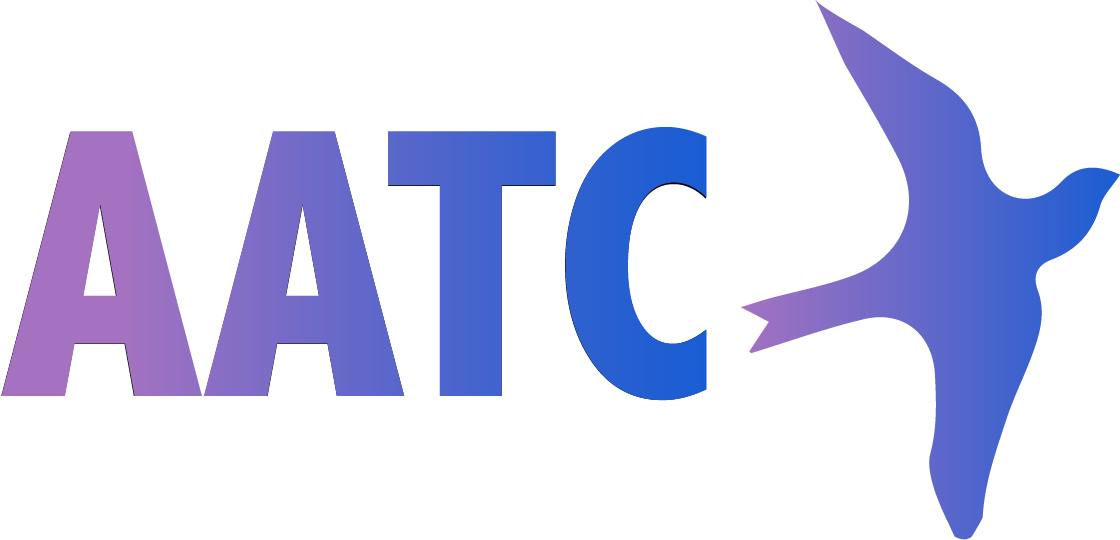Child/Adolescent Treatment
Treating the Whole Child
Many anxiety disorders begin in childhood. In fact, statistics show that 13% of children and adolescents suffer from anxiety. Anxiety becomes a problem when it interferes with a child’s ability to learn, have fun and make friends.
Experts agree that Cognitive-Behavioral treatment (CBT) should always be considered in the treatment of children and adolescents with anxiety. Furthermore, research shows that short-term CBT can be highly effective in reducing anxiety in children, often without the need for medication. In addition to CBT, our clinicians specialize in Exposure/Response Prevention (E/RP), the first-line, recommended treatment for children with Obsessive Compulsive Disorder.
At AATC, each child’s treatment plan is customized to fit that child’s specific symptoms and unique needs. Children are treated with a warm and supportive attitude. The therapist acts like a coach, providing the child with coping tools to use in challenging situations. Parents are educated about the techniques used so that they may support a child’s progress outside of treatment. With parent permission, our therapists will work with your child’s school, pediatrician, psychiatrist and other community providers as needed.
For more information regarding treatment for children and adolescents, or to schedule an initial evaluation for your child, please contact Dr. Lori Kasmen at (610) 667-6490 ext 21 or [email protected]m
We treat a full range of anxiety disorders including:
Generalized Anxiety Disorder
Panic Disorder
Separation Anxiety
School Avoidance
Obsessive Compulsive Disorder (OCD)
PANS/PANDAS
Shyness/Social Anxiety
Specific Phobias
Our focus is on treating the “whole child,” so issues other than anxiety may also be addressed in treatment. Our team of clinicians is also skilled in treating:
- Adjustment Issues
- Anger Management
- Attention-Deficit/Hyperactivity Disorder (ADHD)
- Autism Spectrum Disorders
- Behavior Problems (noncompliance, oppositional behavior)
- Body Dysmorphic Disorder
- Depression/Mood issues
- Habit disorders, Hair Pulling / Skin Picking
- Parent-child conflict
- Perfectionism
- Sleep problems
- Social Skills Issues
- Stress Management
- Teen Issues
- Tics/Tourette’s

